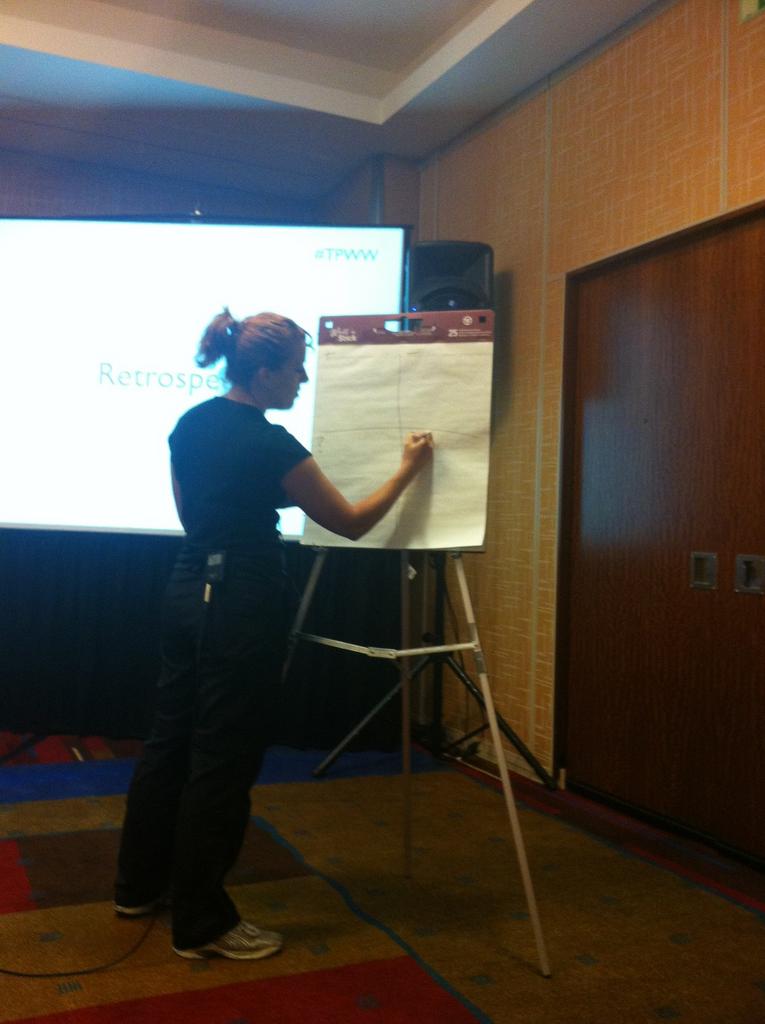Continuing the theme of Things I Have Heard I Don't Think I Agree With.
To developers technologies are everything
I can't remember the context of this, but I hear the same sentiment in different guises over and over again. Often from non-techies, but more alarmingly from developers.
Is this true?
It's true for a certain tribe of techies, sure. And creating and effectively using new technologies is an important part of what drives the current information age forward. But I'd be worried if I thought that 99% of developers were like this.
In our day jobs, and also if we want to create something that makes any money, we need to be interested in solving people's problems and creating solutions. Sure, we'll use technology to do that. But if we were all only motivated by technology, we'd always be trying out the Next Big Thing when our customers wanted a simple CRUD web app. Any organisation that encouraged this sort of technology um, infidelity? playing the field? might find themselves with lots of fascinated and broadly-educated developers, but not a lot of productivity.
I always thought developers were drawn by wrestling with the machine to solve a particular problem, or to do something that hadn't been done before. I didn't think we liked learning Ruby because we didn't study it at university, or switching to a functional language simply because that's the way the whole world is going.
We can train The Business to speak our language
I've heard a number of people talking about the Holy Grail of having business owners write acceptance tests. At LMAX we have a (Java-based) DSL that theoretically could allow technical-ish non-developers to write our automated acceptance tests. However, is this the right thing to do? To make our jobs easier, and our code better quality, we need the business to become almost developers?
Our (very difficult) job as developers is to act as translator between the ones and zeros a computer speaks and the real life doman language our business guys (and girls) use. Forcing the business to become more technical is just, well, lazy.
So if our business people shouldn't be forced to become more technical, how can we bridge the gap? Is there anything that we as developers can do to move closer to the business?
A Ubiquitous Language is a good start. When a business user talks about an order, a developer should be thinking about the Order class, or something that implements an Order interface. When the business talks about placing an order, a developer shouldn't be thinking "place order translates into the execute method", they should assume there's a placeOrder method somewhere they can use as a start point.
is a good start. When a business user talks about an order, a developer should be thinking about the Order class, or something that implements an Order interface. When the business talks about placing an order, a developer shouldn't be thinking "place order translates into the execute method", they should assume there's a placeOrder method somewhere they can use as a start point.
We certainly shouldn't be training the head of sales to start talking in terms of Java classes or technologies - "I want the Resin tier to validate the order while the OrderMatcherImpl checks for availability". That would be silly.
Development is hard, that's why they pay us. And part of that hard job is learning the business model we're implementing so we can mirror and support the business. We shouldn't be inflicting our technology on the business.


